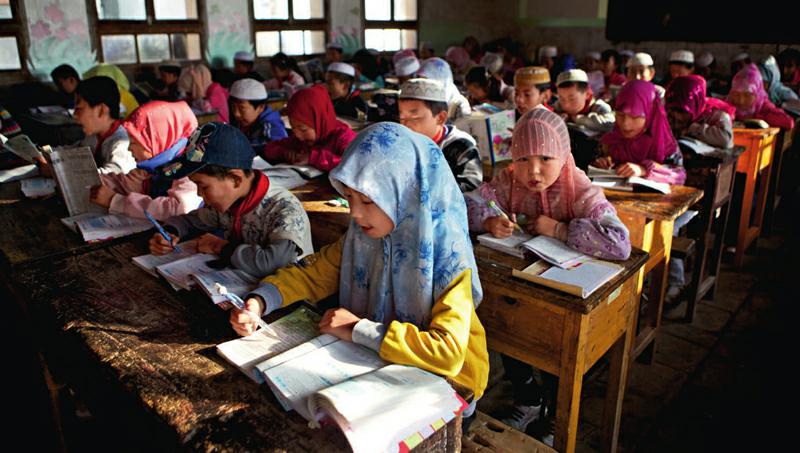For the Welfare of Women and Children
By+staff+reporter+JIAO+FENG
CHINA has 880 million women and children, the largest such group among all countries in the world. To better safeguard their rights and interests, China has carried out extensive cooperation with the UN, and made remarkable achievements as regards eliminating gender discrimination, improving the living conditions of women and children, and protecting their legitimate rights and interests.
Better Lives
The United Nations International Childrens Emergency Fund (UNICEF), a childrens rights organization, has enjoyed long-term cooperation with China, itself the first Asian country to receive aid from UNICEF in 1947.
Over the 66 years since the founding of the Peoples Republic of China, UNICEF and the Chinese government have worked together to improve the lives of the most disadvantaged children, securing Chinese childrens rights to survival, development, protection, and participa- tion in family and social affairs.
In the 1980s UNICEF lent its support to Chinas Ministry of Health to institute vaccinations for children under the age of six. According to Liu Li, communication specialist at the UNICEF China Office, UNICEF helped the ministry build a vaccine storage and transport system – or “cold chain” – as refrigerators were then scarce in Chinas remote areas. The network has developed in succeeding years and now extends to 90 percent of Chinas population, greatly boosting the national immunization effort and generating marked declines in child premature deaths from measles, polio, tuberculosis, diphtheria, tetanus, and whooping cough. Children in China: An Atlas of Social Indicators 2014, published by UNICEF, shows how Chinas national under-five mortality rate (U5MR) declined from 61 per thousand in 1991 to 12 per thousand in 2013. China also realized the 85 percent vaccination coverage scheduling goal and its Millennium Development Goals in advance.
UNICEF has collaborated directly with local governments in impoverished rural areas, including those inhabited by minority groups. Liu Li spoke of UNICEFs first water and environmental sanitation program in Yunnan Province in 1987, where a lack of clean drinking water raised local child mortality rates. UNICEF built water supply pipelines, rain water cisterns, and sanitary toilets. Within one year, the rate of under-fives suffering from diarrhea fell from 45 percent to 4.5 percent.
In cooperation with the Chinese government, UNICEF promoted the use of iodized salt in the 1990s to prevent iodine deficiency – now over 90 percent of Chinese families keep iodized salt in their kitchens. This is a key achievement in fulfilling the pledges made at the 1990 World Summit for Children.endprint

